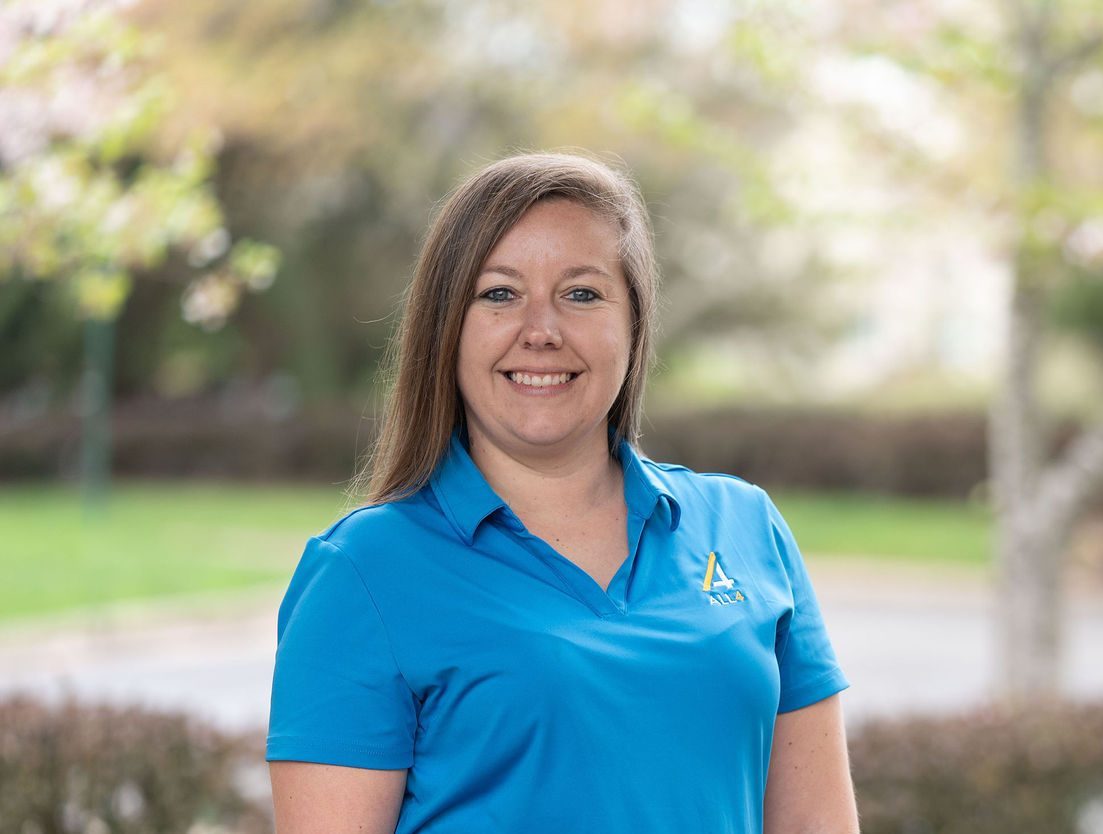Recap of the CAPCA 2023 Fall Technical Workshop and Forum
Posted: December 20th, 2023
Authors: Claire C.
This year’s fall Carolinas Air Pollution Control Association (CAPCA) technical workshop and forum included a football tailgate party exhibitor social, golf outing, and of course several technical topics of interest to those located in the Carolinas. In addition to the regulatory update from the United States Environmental Protection Agency (U.S. EPA) and the fireside chat with the air directors from South Carolina Department of Health and Environmental Control (SC DHEC) and the North Carolina Department of Environmental Quality (NC DEQ), conference topics focused on programs where compliance gaps often exist. Highlights from these program presentations are provided below.
Combustible Dust
The Occupational Health and Safety Administration (OSHA) has been focused on conducting combustible dust inspections through the Combustible Dust National Emphasis Program (NEP), which was most recently revised on January 30, 2023. Through this program, OSHA has cited multiple facilities for combustible dust hazards. Combustible dust can be a hazard at many industrial facilities including but not limited to those in the agriculture, food production, chemical manufacturing, fabric product manufacturing, woodworking, metal processing, and mining sectors. The National Fire Protection Agency (NFPA) requires dust producing facilities to conduct a combustible dust hazard analysis to prevent explosions before they occur. Facilities should review the NFPA standards and confirm whether a dust hazard analysis is needed, if not already implemented.
Note that the NFPA is in the process of clarifying and consolidating all combustible dust standards into one single standard, designated as NFPA 660: Standard for Combustible Dusts, with the first edition release expected in early 2025.
Ozone Depleting Substances (ODS)
The purpose of 40 CFR Part 82, Subpart F, is to reduce emissions of Class I and II refrigerants, or ODS, to the lowest achievable level by maximizing the recapture and recycling of such refrigerants during the maintenance, service, repair, and disposal of appliances, and to restrict the sale of these refrigerants. The general requirement to comply with this standard appears in many air permits; however, detailed requirements are not often listed. ALL4’s A.J. Golding presented on this topic and covered common findings, which included improper/incomplete records maintained by technicians, improper disposal of refrigerant containing equipment, missing inventory of regulated equipment (containing >50 lbs. Class I or II ODS), and more.
Additionally, A.J. has provided information on some of the questions posed during the conference below:
More information on refrigerants with higher flammability or higher toxicity: For refrigerants with higher flammability or higher toxicity, there are no new or specific requirements for EPA Section 608 technician training and certification, beyond what is already required and covered in the training, and the recommendation that technicians be trained to work safely with flammable refrigerants. It is recommended that you review any specific training, certification, and management questions about refrigerants with higher flammability or higher toxicity under your current or prospective EPA-approved technician certification program.
More information on calibration requirements for recycling and recovery equipment: There are no general calibration requirements for certified recovery and recycling equipment; however, there are calibration requirements for specific components of recycling and recovery equipment such as the balance, temperature, humidity, and pressure monitoring equipment. It is recommended that you consult the EPA-approved Air-Conditioning, Heating, and Refrigeration Institute (AHRI) and Underwriters Laboratories (UL) for specific recycling and recovery equipment calibration guidance.
Risk Management Program (RMP)
The Chemical Accident Prevention Provisions under 40 CFR Part 68 require development of Risk Management Plans for facilities that use extremely hazardous substances as defined in the rule. The Safer Communities by Chemical Accident Prevention (SCCAP) Rule proposes revisions to the RMP and is intended to strengthen the existing program. The final rule is still pending but includes enhanced process safety information, safer technologies and chemical alternatives, third party compliance audits, enhanced employee participation, enhanced community notification of chemical releases, and enhanced availability of information to the public.
Common issues found at facilities under the current rule included lack of comprehensive documentation of corrective action completion from compliance audits, the audits included Process Safety Management (PSM) elements but missed the RMP requirements, and RMP submittals did not include current data (e.g., population updates, contact information, environmental receptors).
Permitting Basics: Part 3 – After You Have Your Permit
The long awaited Part 3 of the Permitting Basics series was presented during the Thursday session. We learned about the permit appeals process from SC DHEC, as well as the split of SC DHEC into the Department of Public Health (DPH) and Department of Environmental Services (DES) that becomes effective July 1, 2024. The NC Department of Justice covered the stages of a contested case for challenging air permits and a representative from Dominion covered environmental justice policy and community outreach.
Finally, ALL4’s Steve Moore reviewed common permit compliance pitfalls, where key take aways included read your permit (and then reread your permit), understand definitions of time (e.g., does “annual” mean every calendar year or every 12 months?), and watch out for programs with common compliance misses (ODS, RMP, and Reciprocating Internal Combustion Engine rules).
ALL4 looks forward to seeing you in the spring at the CAPCA technical workshop and forum in Asheville, NC or maybe even sooner at a young professionals event! If you need support with one or more of these programs or need help with air permitting and compliance in North or South Carolina, please reach out to Claire Corta at ccorta@all4inc.com or 919-578-4195.

